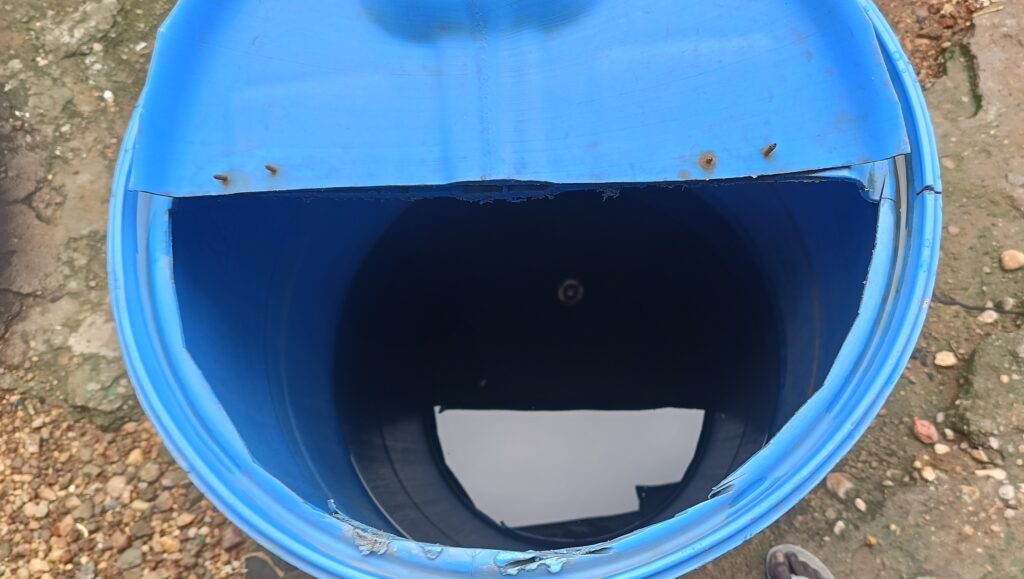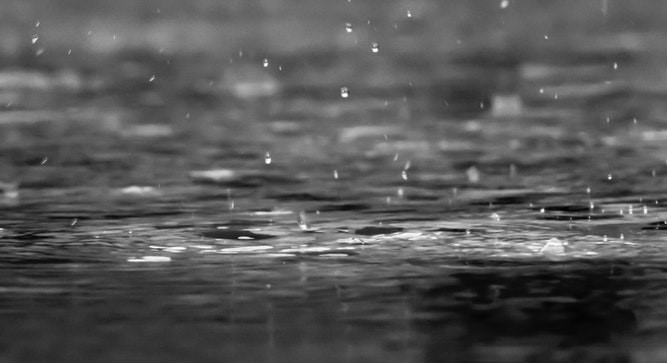Residents of Juba, the capital of South Sudan, are raising alarm after heavy rains on Friday morning left harvested rainwater appearing black in color, prompting health and environmental concerns.
The capital has seen intermittent downpours since Thursday evening, with rain continuing into Friday morning. What shocked residents, however, was the appearance of dark, almost charcoal-colored rainwater pooled in containers and drainage ditches across the city.
“It has been raining through the night; this is normal,” said Opiew Opiew Gilo, a resident of the Referendum suburb. “However, what is new is that we woke up to see water harvested in our containers blackish or dark in color. Never before had I experienced this. So we want the government to investigate the matter.”
Speaking to Radio Tamazuj, Opiew add, “Our government should have come out by now urging people not to drink it because this rainwater may be harmful.”
The phenomenon, previously unreported in Juba, has raised concerns about potential air pollution or environmental degradation, particularly linked to burning activities.
“Juba has been experiencing heavy rains over the past few days. What is new is that the rainwaters are too dark, like charcoal,” said Edmund Yakani, a prominent civil society activist. “According to experts I have interacted with, this is an indication that there is large-scale charcoal burning.”

Yakani tied the trend to worsening economic hardship, saying, “The assessment of large-scale charcoal burning is true in that our soldiers, police, and doctors have resorted to charcoal burning as a way to generate income amidst economic hardship. This is dangerous to our environment and future generation.”
Government officials at the National Ministry of Environment have acknowledged the issue.
Joseph Africano, undersecretary in the National Ministry of Environment, explained that the blackened rainwater is a result of atmospheric pollution caused by widespread burning of vegetation.
“What usually happens is that when there is a lot of burning of bushes, a lot of smoke is released into the atmosphere. These smokes react with clouds, and when it rains, the appearance of rainwater changes from normal to black,” Africano said.
He added that air masses travel across regions, accumulating pollutants along the way. “There is a lot of bush and charcoal burning in our country. Additionally, clouds are not just formed over us; they are formed elsewhere collecting smoke as they move.”
Africano said a formal environmental assessment is planned and urged residents not to use the rainwater for drinking or household consumption.
“What we will do is to measure the extent of this pollution. This rainwater is polluted and is not safe for drinking,” he said.
Environmental experts have long warned that unchecked deforestation and charcoal production, especially in peri-urban areas, could have severe consequences for South Sudan’s already fragile ecosystem.




